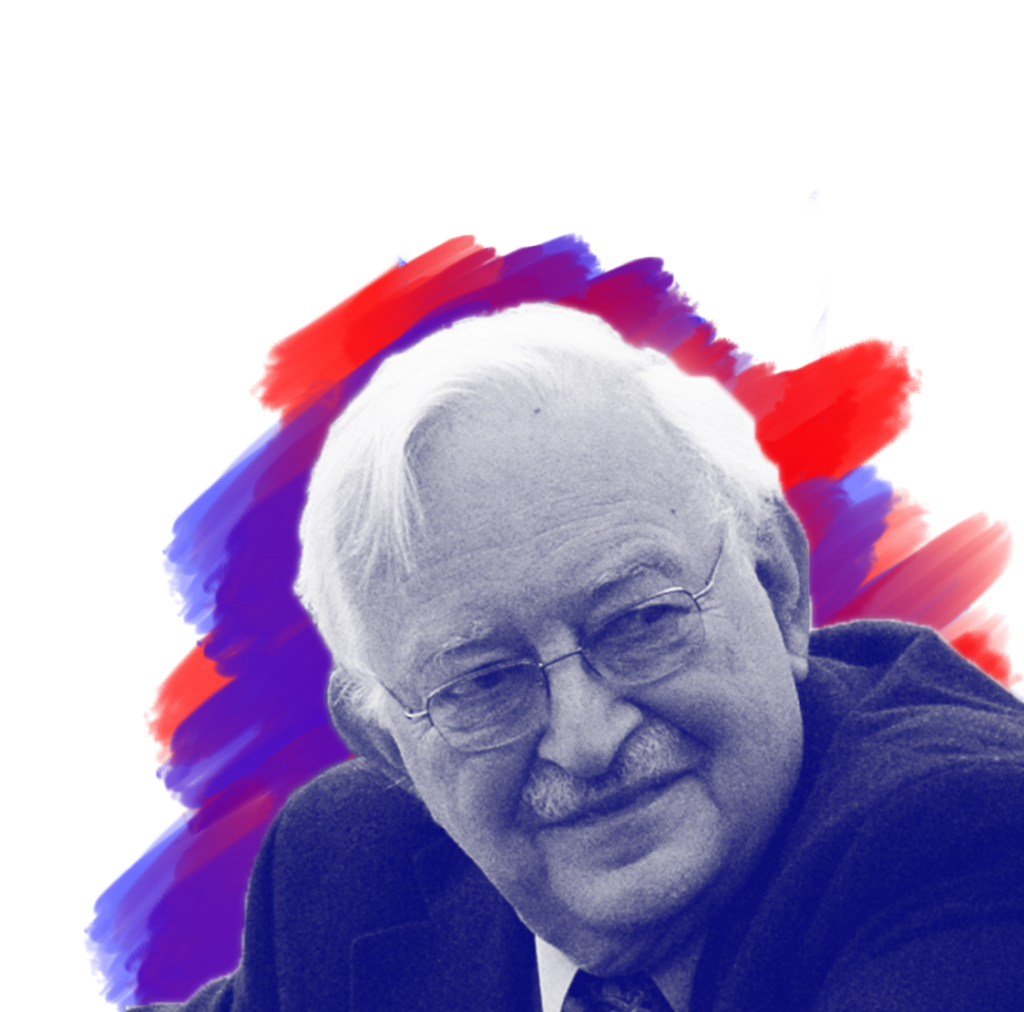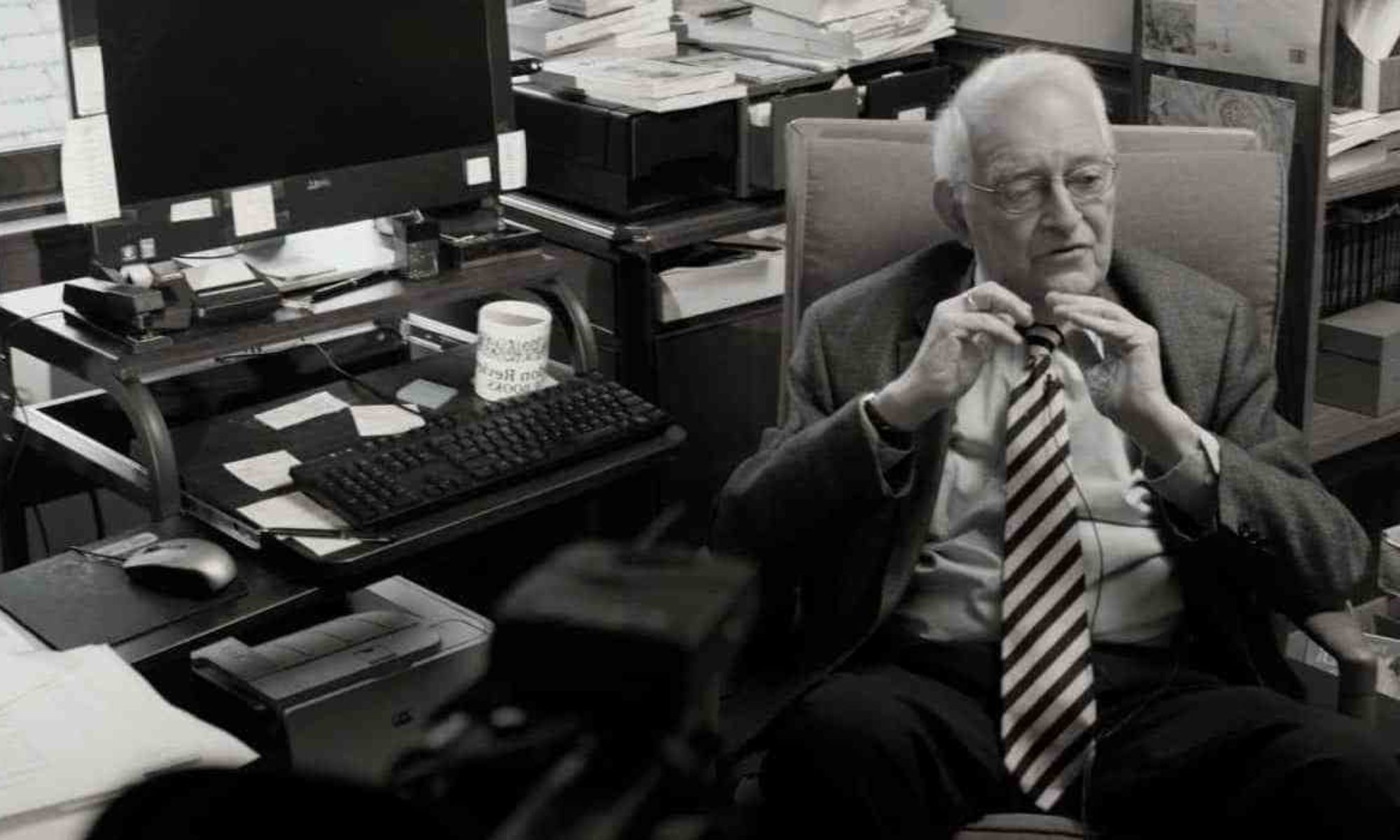
Immanuel Wallerstein was one of the most influential social theorists of recent decades. His approach to world history, which he called the “world-system perspective,” had a wide and deep impact throughout the social sciences and humanities.
Wallerstein was born in New York City on September 28, 1930. He earned his B.A. (1951), M.A. (1954), and Ph.D. (1959) at Columbia University, where he taught until 1971. Columbia housed outstanding intellectuals such as Karl Polanyi, Lionel Trilling, Richard Hofstadter and C. Wright Mills. Wallerstein’s intellectual development reached from New York City to Paris, Ghana, and the Ivory Coast. While in Paris he became familiar with the work of the Annales School, a legacy of Fernand Braudel. He also worked with Georges Balandier, sociologist, anthropologist and ethnologist who focused on African colonialism. Though there have been many other contributors, Immanuel Wallerstein was the major founder of the world-system perspective. His outstanding work as a historical sociologist and a public intellectual demonstrate that social theory is not only for academics. His work is being carried on in several institutional contexts by younger generations of world-system scholars and global justice activists. The struggle continues.
Roundtable Discussion, Reception and topicality of the world-system analysis according to Wallerstein
On the occasion of the demise of Immanuel Wallerstein – and incidentally also the Fernand Braudel Center at Binghamton University, which he founded -, the event was intended to set the stage and the topicality of his global-historical design as a comprehensive model for historical and development research. The podium was composed of Austrian global historians and development researchers.
Center and periphery, unequal exchange, transfer of value over commodity chains, development of parts of the world (core) at the expense of, the development of the of others (periphery), the formation of a capitalist, ever larger parts of the world incorporating worldsystem since the 16th century, cycles of the rise and decline of hegemonic powers – these are concepts that have become part of everyday concepts, but in some cases have never become “hegemonic”. Not least of all, these concepts have strongly influenced the conception of the subject of global history in Vienna and are still very much alive today. That was the ratio of this event. It should be discussed which approaches raised by “world-system analysis” are applied today and what seems worth for further use. “With his world system theory Wallerstein in the precise sense of the word became a world-explainer, by seeing a necessary connection between the emergence of central economic spaces and their dependent peripheries,” the Development Studies organizers wrote in their invitation. Thus, a central function of Wallerstein’s thinking is addressed: to give the world and world history and thus also the inequality in the world a frame of interpretation. However, this also always has been
a central point of criticism: world system analysis presupposes such a strong framework of interpretation that makes it difficult to produce results that fall out of this framework.
The discussion was not aiming at becoming an event of reverence, confirming what Wallerstein said. Instead, as is regularly done in Madagascar with the dead, when they are brought back to the public and thoroughly shaken up, Wallerstein’s work should be properly “shaken up” to see what remains relevant to scientific work today. For this purpose, the moderator Berthold Unfried asked an introductory question to each podium discussant.
A Tribute to Immanuel Wallerstein at the International Sociological Association Forum
Friday, 26 February 2021
12:30 – 14:00 brazil time (BRT); UTC= 15:30; PST= 7:30
Sociologist Immanuel Wallerstein was one of the creators, with Samir Amin, Andre Gunder Frank and Giovanni Arrighi, of the world-system perspective that emerged in the 1970s as a critical approach to understanding global hierarchy and world history. Wallerstein died on August 31, 2019. His impact on scholarship and political practice is the topic of this session.
This event will be livestreamed at: https://www.facebook.com/InternationalSociologicalAssociation/live/
You do not need to be a member to join.

Hommage à Immanuel Wallerstein, le maître. J’ai eu le privilège de compter parmi ses étudiants au Département de sociologie de…